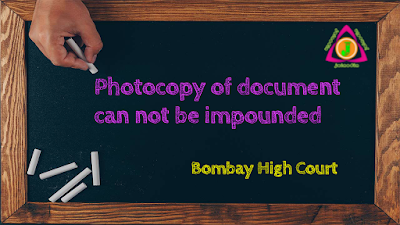F.I.R. made by the father of victim girl that she might have been kidnapped/abducted. After registration of FIR, complaint made by the victim girl about her sexual exploitation with detail incident.
Can such complaint be clubbed with existing FIR?
If the FIR lodged by her father is the skeleton, victim's complaint is the flesh and blood to it.
If the investigating agency had taken a decision to club the subsequent complaint with earlier FIR it cannot be said that the investigating agency violated any provision of law. In fact, such clubbing was legally justified.
If the investigating agency had taken a decision to club the subsequent complaint with earlier FIR it cannot be said that the investigating agency violated any provision of law. In fact, such clubbing was legally justified.

It is well settled that a first information report need not necessarily be lodged by the victim of a sexual offence. Any person having information of the offence can report. It is equally well settled that an FIR need not be an encyclopedia of all the facts and allegations describing an offence. The object of lodging a first information report is to report an offence, cognizable in nature, so that the matter is investigated and a police report is submitted in court to enable it to take cognizance and proceed against the accused.

